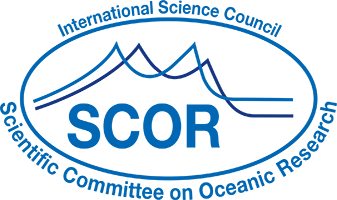We would like to let you know about today's Global Ocean Observing System (GOOS) webinar on OceanGliders scheduled for 3 June, at 14:00 UTC/GMT. The webinar will be presented by Brad deYoung (Memorial University of Newfoundland, Canada) and Pierre Testor (Laboratoire d'Oceanographie et du Climat, France).
GOOS webinar: "OceanGliders"
Time: 3 June, 14:00 GMT/UTC
Presenting: Dr Brad deYoung (Memorial University of Newfoundland, Canada) and Dr Pierre Testor (Laboratoire d'Oceanographie et du Climat, France)
See what time that is for you »
Click this LINK to join the webinar to register for the webinar ahead of time.
Abstract:
The OceanGliders program (https://www.oceangliders.org/) supports active coordination and enhancement of global glider activity. OceanGliders contributes to the international efforts of the Global Ocean Observation System (GOOS) for Climate, Ocean Health and Operational Services. It brings together marine scientists and engineers operating gliders around the world: (1) to observe the long-term physical, biogeochemical, and biological ocean processes and phenomena that are relevant for societal applications; and, (2) to contribute to the GOOS through real-time and delayed mode data dissemination. The OceanGliders program is distributed across national and regional observing systems and significantly contributes to integrated, multi-scale and multi-platform sampling strategies. OceanGliders shares best practices, requirements, and scientific knowledge needed for glider operations, data collection and analysis. It also monitors global glider activity and supports the dissemination of glider data through regional and global databases, in real-time and delayed modes, facilitating data access to the wider community. OceanGliders currently supports national, regional and global initiatives to expand the capabilities and application of gliders to meet key global challenges such as improved measurement of ocean boundary currents, water transformation and storm forecast. OceanGliders is presently working to develop new global programs around boundary currents, topical and extra-tropical storms and water mass transformation.
More information on the GOOS webinar series »





 Please wait...
Please wait...